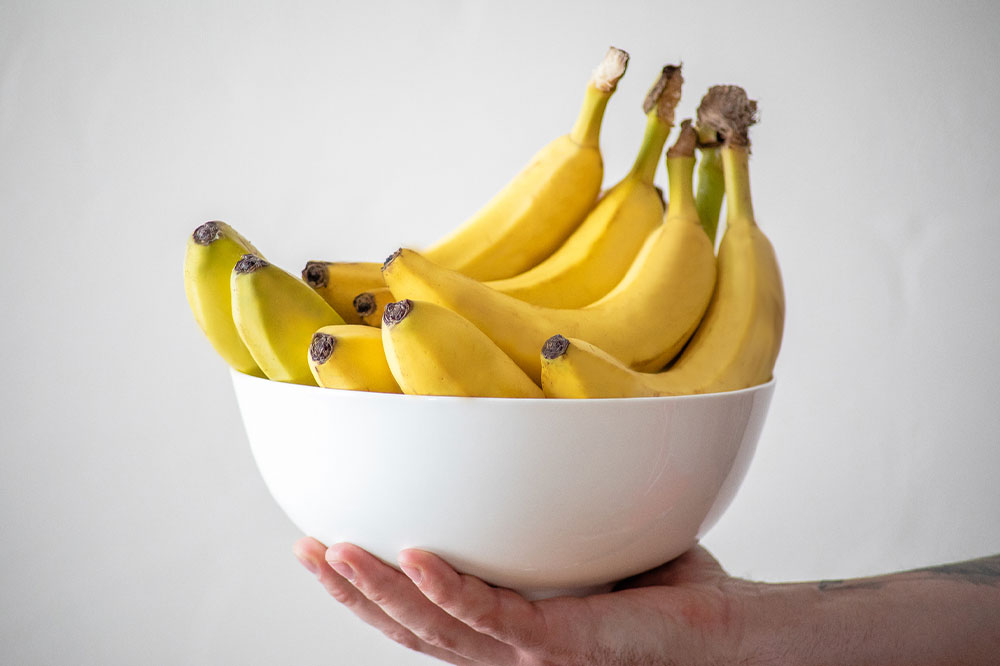5 foods that may trigger or worsen epilepsy

From movement and awareness to thinking, speech, and hearing, the CNS controls several integral bodily functions. Epilepsy is a CNS-related disorder caused by brain activity abnormalities, triggering abnormal behavior phases. Muscle stiffness, uncontrollable body jerks, and loss of consciousness are some of its common symptoms. A systematic treatment course, a healthy meal plan, and some lifestyle changes can help control epilepsy symptoms. Here are some foods patients with epilepsy should avoid or limit:
Bananas
Bananas contain high potassium levels, which is an essential nutrient for the body. However, excessive banana consumption will lead to excess potassium concentration in one’s body. This may lead to periodic seizures. Thus, patients with seizures must consume bananas in limited quantities.
Sugary foods and beverages
Increased sugar intake can spike in blood sugar levels, which may trigger seizures in some people. Consequently, it helps to avoid foods and beverages containing high sugar concentrations, including soft drinks and processed foods.
Baked items
Baked foods are typically prepared using refined flour and contain trans fats, which can increase one’s risk for cholesterol and heart diseases, including cardiac arrhythmia. Cardiac arrhythmia can lead to convulsive syncope, characterized by seizure-like symptoms. Thus, it is important to avoid or limit having baked foods like cakes, pastries, and bread, particularly if they are store-bought.
Caffeine
Caffeine often triggers an overactive CNS. According to the Epilepsy Society, caffeine may increase one’s susceptibility to seizures. It is best to keep one’s intake of caffeinated drinks, such as tea, coffee, and aerated drinks in check.
Monosodium glutamate
Monosodium glutamate, or MSG, and other food additives may aggravate nerve cell firing and worsen neurological disorder symptoms. Hence, individuals with epilepsy must steer clear of food items containing MSG and other food additives, typically found in ready-to-eat foods and food bought from restaurants.
In addition to avoiding or limiting the foods mentioned above, patients with epilepsy should also be attuned to any food intolerances they may have. Such intolerances may trigger or worsen seizure episodes. Gluten and lactose intolerance are two such intolerances one must watch out for. It helps to eliminate gluten and lactose one by one from one’s meal plan and re-introduce each to identify if either or both of these elements contribute to seizures.